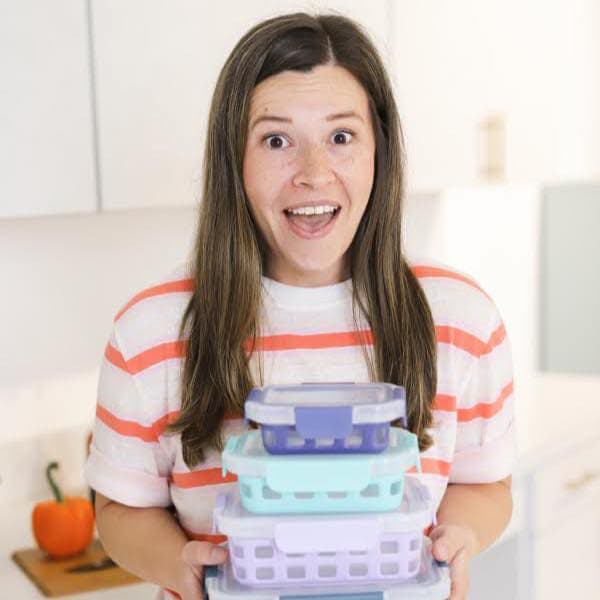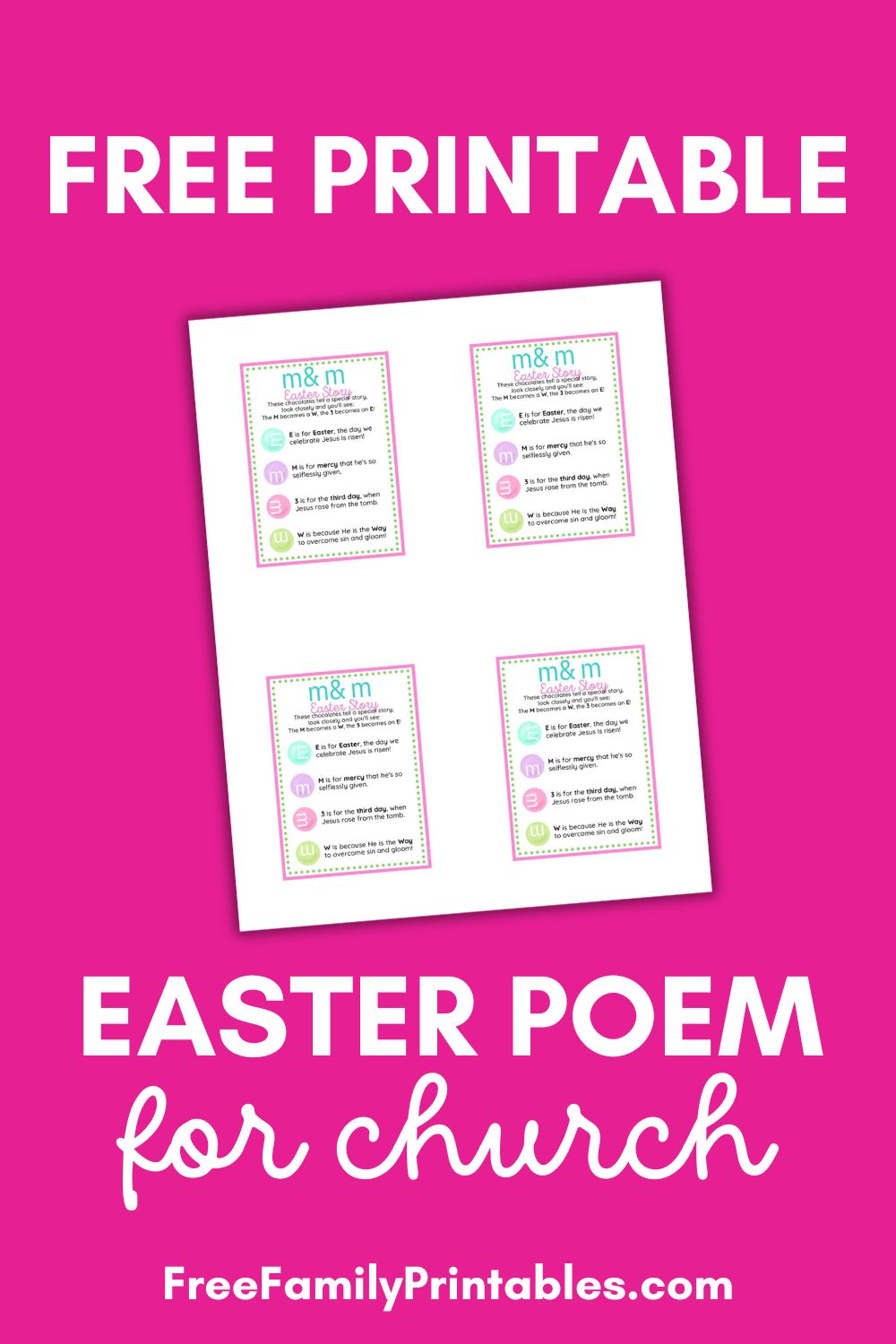Paying off debt is hard work!
The thought of getting started can feel really overwhelming, and if you make a mistake, or have a bad money month, it can be difficult to get motivated to start again.
Today I am coming at you guys with some real talk about what to do when you get off track with your debt pay off plan, and you’re just feeling totally unmotivated and in a total slump.
Read: Steps to Take if You’re Overwhelmed by Debt
So I’m going to talk to you guys about a few things that you can do to get back on track paying off debt when you’re unmotivated or stuck.
This month has been one of those months where I just felt really unmotivated.
I was sick, and our office has just had really low collections this month for whatever reason.
There were just a lot of things adding up and I was feeling really overwhelmed.
A big reason for that is probably because we started off so hot.
We paid off so much debt, almost $50,000 by the end of November, in about six months.
Read: Debt Free Journey Updates
So I was just like, “Yes, this is awesome. Nothing can go wrong. It’s going to be great. We’re doing it. We’re going to pay off this debt really fast.”
Then, it’s like we kind of hit a wall.
Everything kind of stabilized and we ran out of stuff to sell and all that kind of stuff. And we’re just relying on our income.
I’ve talked about this before, but our income from our medical practice is super inconsistent, there’s so many variables, and that’s something I’ve really struggled with.
So I think, going into the new year, we’re going to try to build up a little buffer in our bank account for our practice.
I always want to put every extra dollar we can find towards debt, but then that would leave me really stressed at the end of each month, or beginning of each month.
This would leave me having to shuffle money around and make sure that we could pay payroll and all those really important things, rent, you know, everything for the office. So that is really stressful.
Read: How to Budget when You’re Broke
I think having an entire month, or even 75 percent, of the month’s expenses in the account at the beginning of each month would really help going forward.
For that to happen, we’re going to have to pause our debt snowball for two or three months, of course, still paying the minimum payments that we owe and almost have a no-spend month to build up a little bit of buffer.
I think that will help going forward with the stress level because that’s my biggest thing. I get overwhelmed really easily.
That’s another reason I like to share all of this stuff with you guys because I know that’s the biggest thing. Getting overwhelmed is a really big deterrent to paying off debt because you’re just like, “I’m done.” So that’s kind of how I felt this month.
We’re doing a good job of sticking to the budget, but it’s just the practice, you know, not bringing in as much income as prior months.
It’s been kind of a bummer because we were paying off so much debt so fast.
Read: How to Pay Off Debt Fast
I just wanted to share that with you guys in case you’re feeling that way, especially in December, in a month where it can be big-spender time.
A lot of people overspend or go way off their budget. And I feel you. Okay? It can be a total struggle.
So here are three things that you should do if you’re feeling this way right now.
How to Get Motivated to Pay Off Debt when you Fall Off Your Plan
Pause Your Debt Snowball (and re evaluate)
If you’re feeling like you need to course correct or your debt-payoff plan is just not going the way you want it to, the first thing I would suggest is to pause your debt snowball for a month (or two).
Pay your minimum payments on all your debt and your bills and everything, but pause your extra debt payments, and see where you need to allocate that extra income.
Maybe you need to build a little buffer in your bank account because you keep underestimating what you really need for your monthly bills, or your budget, and you keep going over.
If it’s just not working you can pause it. Your debt will still be there.
The progress you’ve made will still be there.
Yes, there’s interest, but it’s not going to explode suddenly and put you back where you started.
Read: Reasons You Need to Pause Your Debt Snowball
Do a No Spend Month
The second thing I would suggest doing, and what I’m planning on doing for January, is a no-spend month.
Stop your miscellaneous spending.
Of course, make your minimum debt payments, create your budget, and anything that you absolutely need to spend, of course, spend that.
But your miscellaneous spending, especially coming out of Christmas, out of a holiday where you’ve probably spent way more than you normally do in a month.
Try a no spend month. That way you can see what you have left over in your budget and redirect those funds going forward.
After a month or two, you can restart everything after you build up a little buffer in your bank account.
Read: How to Do a No Spend Month (Free Printable)
Revisit Your Goals and Your “Why”
The third thing I would suggest doing if you’re feeling really bummed out, or like your debt-payoff plan is just not going the way you planned is to reassess your goals.
A lot of people set resolutions, which are just kind of like hopes, wishes, dreams…that doesn’t usually work too well.
Instead, try setting goals.
- Look at how much debt you have left.
- Look at your budget.
- Think about your “why,” why you started this whole thing in the first place.
- And sit down with your spouse or a friend and go over your budget and go over your debt-payoff goals.
Related: How to Set Financial Goals
Once you’ve identified your goal, ask yourself these questions:
- Are your debt pay off goals realistic?
- Do you need to pick up a side hustle?
- Do you need to cut your expenses a little bit more?
- What can you do, moving forward, that will help you reach your debt-payoff goals in the new year?
I hope these three quick little tips will help you to overcome some overwhelm, and overcome those little slumps that you might get in.





